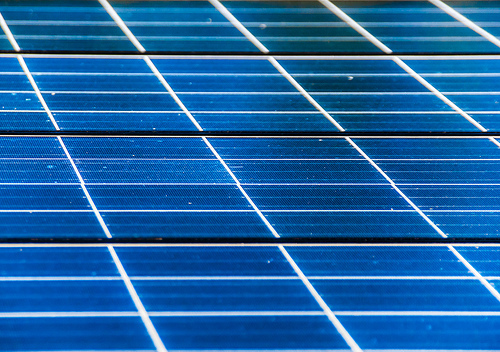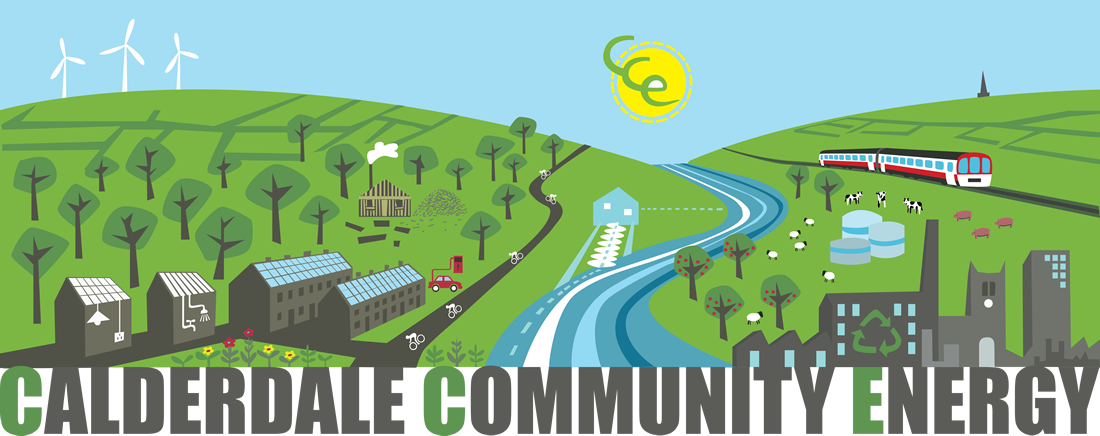
Image via Flickr http://www.flickr.com/photos/34878161@N00/8385356585
What are solar panels?
Electricity can be generated from the sun using ‘photovoltaic’ or PV panels. They are made of materials that generate electricity when exposed to daylight. There are various types of panel available and the sun does not have to be shining for them to work.
Originally developed for use powering satellites, developments in manufacturing techniques have steadily reduced the cost and improved the performance.
How are they used?
Positioned on roofs facing from Southeast to Southwest, panels can be fixed to the roof, wall or gable end, although they operate best at an incline of 30-70 degrees. Some panels can be used to replace conventional materials such as roofing tiles or cladding.
They are increasingly being used to meet electricity needs worldwide particularly when integrated into buildings. They are particularly useful for providing power in locations that are not grid linked.
How much does it cost?
The costs of PV are still high – roughly in the area of £8/Wp. In new build the costs are less prohibitive. Improvements in the technology and higher volume production are continuing to bring costs down further.
How long will the panels last?
Systems are expected to have a life of 25 years with very low maintenance – routine cleaning forming part of normal building maintenance. Many systems today are provided with operation and power output guarantees for the lifetime of the equipment. The electronic control equipment is the most unreliable part of the system.
Will I need planning permission?
Not usually, but if you live in a listed building or in a conservation area you may need consent. Contact your local authority planning department for advice and also check if building regulations might apply.
If there are problems installing the panels on the roof, it may be possible to put a system in the grounds of your house.
What are the environmental aspects?
PV is emission free and the systems require no fuel or cooling water. It is a silent operation and so is very suitable for installation in urban areas. The manufacture of the panels uses potentially harmful substances but industrial production techniques and equipment are used to minimise this.
Other sources of information on this technology
